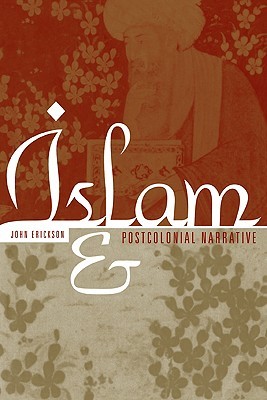
- We will send in 10–14 business days.
- Author: John Erickson
- Publisher: Cambridge University Press
- ISBN-10: 0521101158
- ISBN-13: 9780521101158
- Format: 15.2 x 22.9 x 1.3 cm, minkšti viršeliai
- Language: English
- SAVE -10% with code: EXTRA
Reviews
Description
John Erickson examines four major authors from the "third-world"--Assia Djebar, Abdelkebir Khatibi, Tahar ben Jelloun, and Salman Rushdie--all of whom have critiqued the relationship between Islam and the West. Erickson analyzes the narrative strategies they deploy to explore the encounter between Western and Islamic values and reveals their use of the cultural resources of Islam, and their intertextual exchanges with other "third-world" writers. These writers, he argues, valorize expansiveness and indeterminacy in order to represent individuals and groups that live on the margins of society.
EXTRA 10 % discount with code: EXTRA
The promotion ends in 21d.05:20:22
The discount code is valid when purchasing from 10 €. Discounts do not stack.
- Author: John Erickson
- Publisher: Cambridge University Press
- ISBN-10: 0521101158
- ISBN-13: 9780521101158
- Format: 15.2 x 22.9 x 1.3 cm, minkšti viršeliai
- Language: English English
John Erickson examines four major authors from the "third-world"--Assia Djebar, Abdelkebir Khatibi, Tahar ben Jelloun, and Salman Rushdie--all of whom have critiqued the relationship between Islam and the West. Erickson analyzes the narrative strategies they deploy to explore the encounter between Western and Islamic values and reveals their use of the cultural resources of Islam, and their intertextual exchanges with other "third-world" writers. These writers, he argues, valorize expansiveness and indeterminacy in order to represent individuals and groups that live on the margins of society.


Reviews